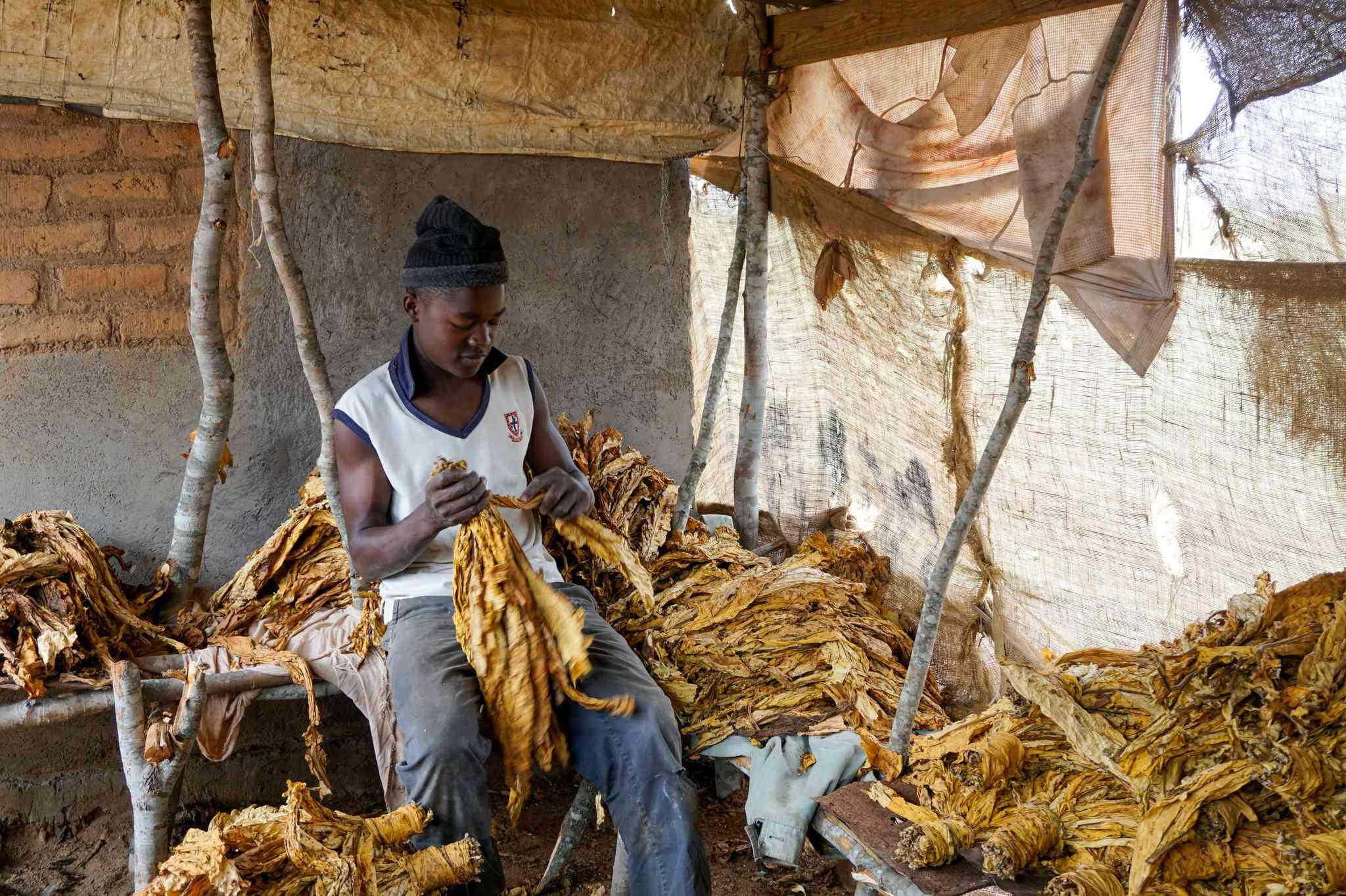Strengthening tobacco farmers through co-operatives

Tobacco remains one of Zimbabwe’s most important export crops, sustaining hundreds of thousands of rural households. Over the years, the sector has grown largely under contract farming, a system where companies provide inputs in exchange for the crop at harvest. While this model has ensured steady production, many farmers have expressed a desire for greater independence and alternative pathways to market.
One such pathway lies in the cooperative movement. By working together in organized groups, farmers can share resources, strengthen their bargaining power, and gain access to new sources of funding. Platforms such as Coops.Africa and the Cooperative Debentures Exchange (CDE) are already being positioned to help farmers raise capital outside traditional contract arrangements.
Auctions Regaining Importance
The auction system, which once dominated Zimbabwe’s tobacco marketing, is again proving competitive. Recent trends show that auction prices have in some cases outperformed contract prices, offering farmers an opportunity to secure better returns for their crop. For smallholders, joining forces through a cooperative can make participation in auctions more accessible by pooling harvests, reducing costs, and improving grading and logistics.
A Role for Local Financing
Government’s Tobacco Value Chain Transformation Plan seeks to increase local financing of tobacco production and reduce dependence on foreign contractors. This creates a window of opportunity for cooperative models. By mobilising farmers into groups, funds can be channelled through cooperatives, ensuring inputs are affordable and repayment structures are transparent. The CDE, in particular, offers a platform where cooperative members can raise investment capital backed by collective guarantees.
Benefits Beyond Finance
Cooperatives are not only about accessing money. They provide a structure where farmers can:
-
Negotiate better prices for inputs through bulk purchasing.
-
Invest in shared infrastructure such as curing barns and transport.
-
Improve financial literacy and record-keeping, giving members a stronger standing with financiers.
-
Participate in value addition, ensuring more of the tobacco value chain benefits stay within farming communities.
Looking Ahead
Zimbabwe’s tobacco farmers have shown resilience and adaptability over the years. As the sector evolves, cooperatives could offer an important complement to existing systems—giving farmers more choice in how they finance production and market their crop.
By embracing the cooperative movement, supported by platforms like coops.africa and the CDE, farmers can position themselves to take greater control of their futures. With collaboration, innovative financing, and supportive policies, tobacco farming can remain both a key export earner and a sustainable livelihood for the thousands of families who depend on it.
- Market Reports
- Economic
- Social and Development
- Communication, Marketing & Success Stories
- Regulation
- Outro
- SADC
- African Union



